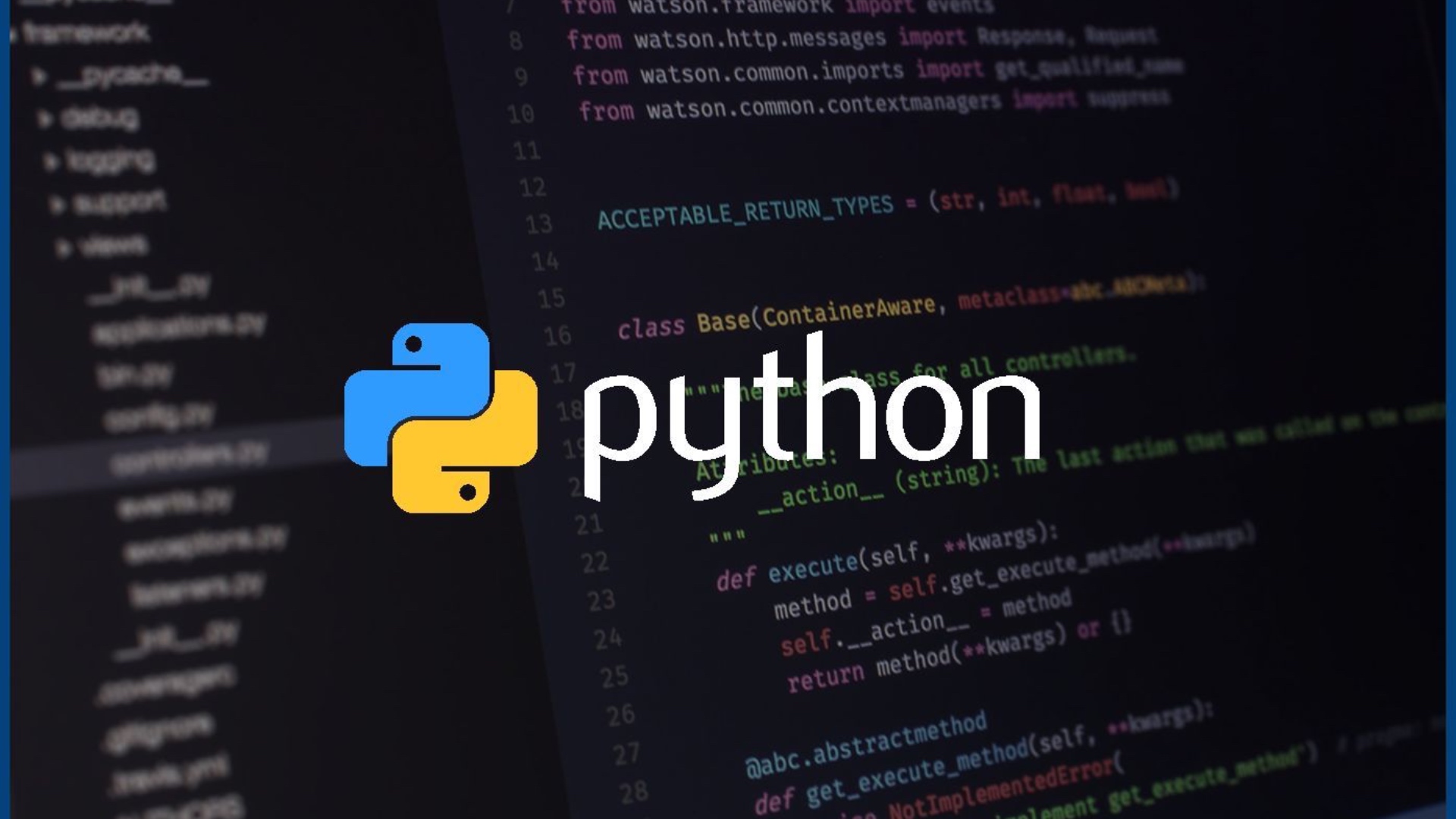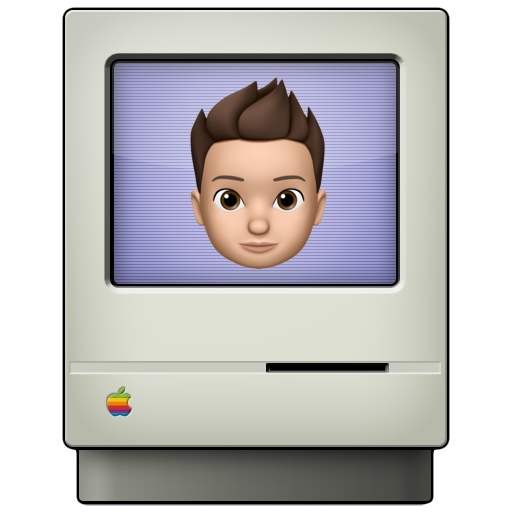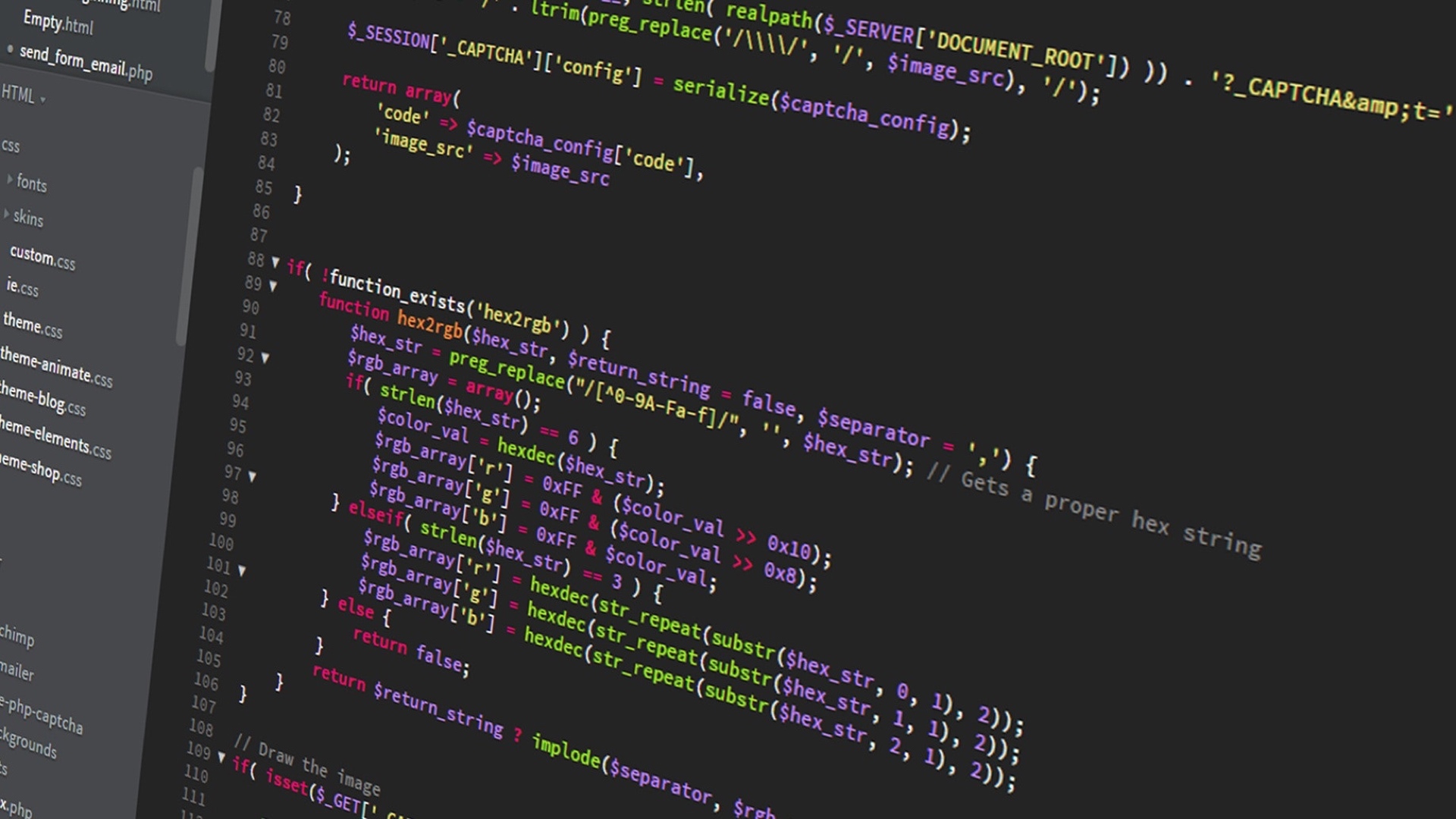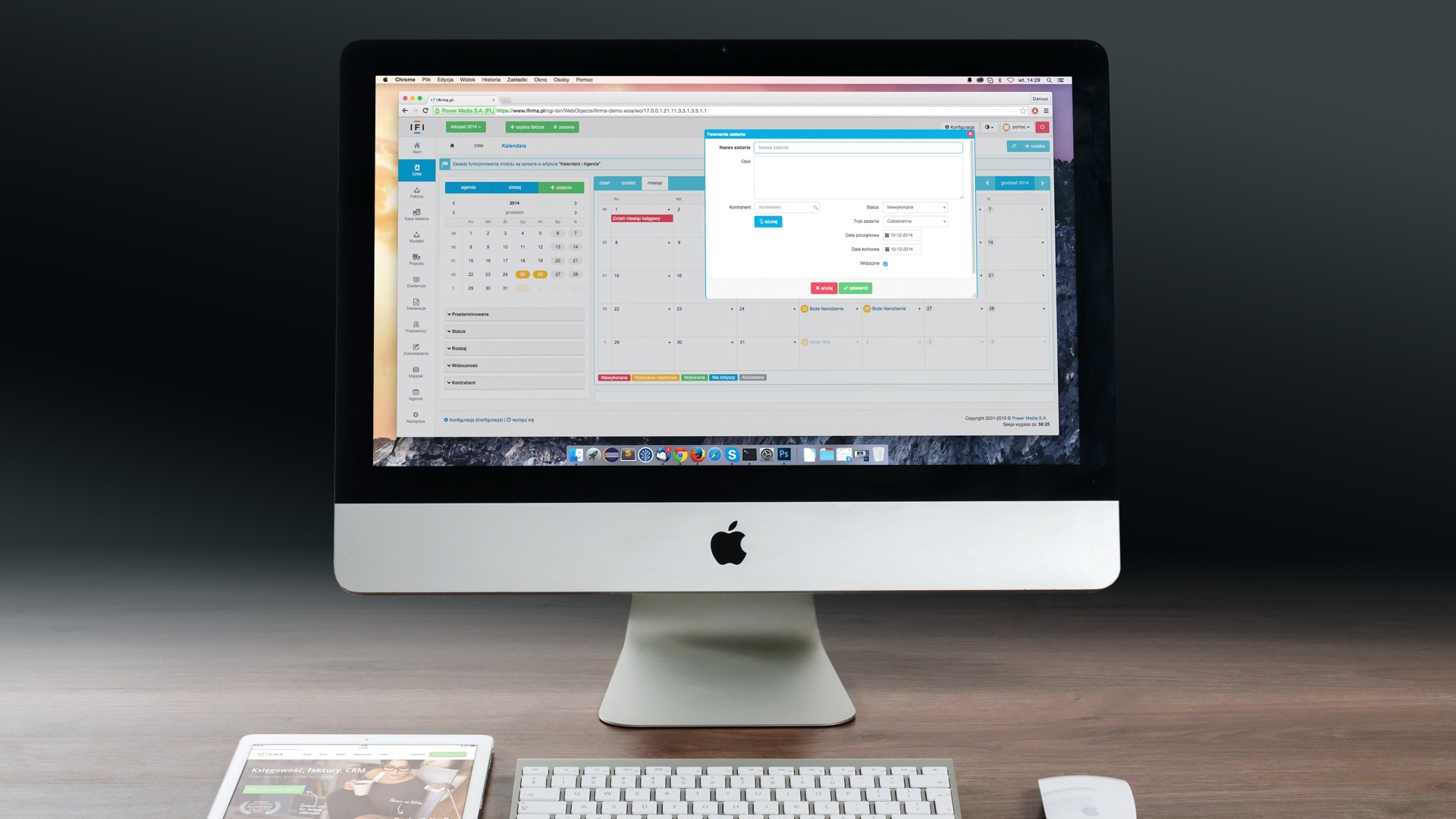Why Learn the Python Language ?

Why Learn the Python Language ?
Today, there are several thousand different computer languages. Whether you want to automate tasks on your computer, or develop a revolutionary application, you will inevitably find a language adapted to your needs.
Yet, despite this impressive list, many developers can feel lost, unable to make a choice. Such language is more powerful, such language is easier to handle, such language allows to manage a database, …
And without finding a compromise, they end up not learning anything, and not increasing their skills and experience.
This situation is frustrating, and I'm sure you've felt it before. Especially since, depending on your needs and the project you are working on, the ideal language will be completely different.
Maybe you've already noticed, but there are a few languages that stand out from the crowd. Languages that can do almost everything and that are a mandatory step for any developer.
Python is one of these languages. It is widely used all over the world, and you have probably already seen a script written in Python, or heard one of your colleagues talking about it.
But have you ever bothered to take a closer look at this language ? To master what makes it so strong ? To understand what has made it so popular in the last few years ?
If not, I suggest you catch up in this article !
Part 1 : Discovering Python
According to the Blog du Modérateur, Python has been voted the most popular language of 2020. And if you go back in the archives, you'll see that this language is regularly at the top of the podium.
However, if you need to create an application, (Let's take the example of a video game) there are more suitable languages, in this case C++. In the same way, if you want to develop a responsive web site, you will have to turn to a language such as JavaScript.
I could give you many other examples, but you have understood that Python is rarely the reference language for a specific need. But in this case, why is this language so popular ?
As surprising as it may seem, it is because of its ability to be used in almost any domain.
As mentioned above, if you want to get into web development, you will learn a language dedicated to the web, for example JavaScript. But if after your web project, you decide to create a video game, then you will have to use a language such as C++, and therefore learn this new language if you don't already know it.
So yes, if you have already programmed in JavaScript, learning C++ will be easier than if you start from scratch. But this is still an additional learning curve to take into account. Not to mention that regularly switching from one language to another is a complexity that developers would like to do without.
This is precisely where Python comes in ! With this language, you can develop a web site, create a video game, or even administer a database. This allows you to concentrate your expertise on a single language, without limiting your field of activity. The time saving, and therefore the money saving, is enormous !
Part 2 : A community that lives up to the language
Is this the only reason why Python is so popular ? No ! There is also another reason, which follows from the previous one.
Historically, the first programming languages were very complex to master. Because of the archaic technology of the time, and especially the lack of power. But this is a thing of the past, and modern languages are a great help to computer development.
Python is precisely one of these modern languages, offering an abstraction of many programming concepts. The goal is that the developer doesn't have to worry about technical details, and can concentrate on the application itself.
For example, if you have ever programmed in C++, you should be familiar with pointers, which are feared by many developers. You should know that this concept is almost non-existent in Python, because the language automatically manages memory allocations, without you even thinking about it.
This goes even further ! This whole language is designed to be simple to use. Its syntax. Its functions. Its variables. To prove it to you, try to display a "Hello World !" on the screen with your favorite language.
You will normally have a code that measures between 3 and 10 lines, depending on the language you choose. Here is for example what it would look like with C++ :
#include
int main(int argc, char *argv[]) {
std::cout << “Hello World !” << std::endl;
return 0;
}
In Python, all this is done in one line. No import. No main function to create. No variables to initialize. You just have to call the text display function, like this:
print(“Hello World !”)
In fact, this language is so well known for its accessibility that it is taught in many schools as the first programming language. And more recently, it is even invited in some high schools, to help with scientific calculations. This proves that this simplicity is really part of its philosophy. And if you have already programmed with more complex languages, it will be even easier for you to learn Python.

Finally, a last point follows from what I just told you. If this language is widely taught, it means that there are a lot of Python developers out there today, who you can count on in case of difficulty. Whether it's online communities, groups on social networks, or simply your co-workers, you will have the opportunity to exchange with a lot of developers who master this language.
It's also this popularity and growing community that snowballs into new features for the language, making it even more attractive to newcomers.
Part 3 : The range of possibilities of Python
Now that I've sold you a dream by presenting you the wide range of possibilities of Python, you should ask yourself what exactly you can do with it. As explained above, Python natively handles a lot of features. But its real strength lies in its numerous frameworks, allowing to develop almost anything you can think of. I propose you a small overview of its possibilities.
First of all, Python being a language for computers, you can very easily automate tasks, like a bash script would. This corresponds to manipulations that would be done by a standard user, like creating a file, moving it, or opening an application.
Then, and in the continuity of this, Python allows you to open windows and create a graphical application with them. You can add buttons, text zones, and react to different events on your computer, as you wish.
Video games are also omnipresent in Python. Using a library like Pygame, you can display images in a graphical interface, and make them interact with a mouse click or a key on your keyboard. By letting your imagination run wild, you can easily create a game like Pac-Man or Super Mario Bros.

Creating a computer application is great ! But what's even better is to create an entire website, so that anyone can admire your work ! Don't worry, this is also possible in Python. Many frameworks, like Django, allow you to create dynamic web pages, in order to create a forum, a blog, or a newsletter.
Finally, what would a computer language be if it could not manipulate data ? In this field, Python excels particularly, and many libraries allow you to do what you need. Note that there is the R language, a language extremely close to Python, allowing to manipulate large amounts of data natively.
Of course, I'm talking about using classical data, but you can combine them and make them interact together, and build a whole artificial intelligence !
Part 4 : How to learn Python ?
I hope I have convinced you of the qualities of the Python language. As we have seen, it is a very accessible language, especially if you are already a developer. In any case, all you have to do is get started !
To do this, several solutions are available to you. The first, the most classic and quickest, is to follow a training course, online or in person. This solution is the guarantee of success and will be adapted to your background, although it will cost you money.
However, it is also possible to do it yourself and read books or take a free online course. If you are interested in the latter option, you can start right now with this free course I wrote to help you learn Python.
Whichever you choose, I recommend you get started now. Python is a great language that will give you solid skills, and improve your credibility and experience as a developer. Whether it's with your colleagues, your clients, or from a personal point of view, you will be able to rely on a robust, powerful, but above all multipurpose language.
Moreover, the knowledge you gain from it can also be used on many other projects !
Written by Pythony on the 10/01/2021.



